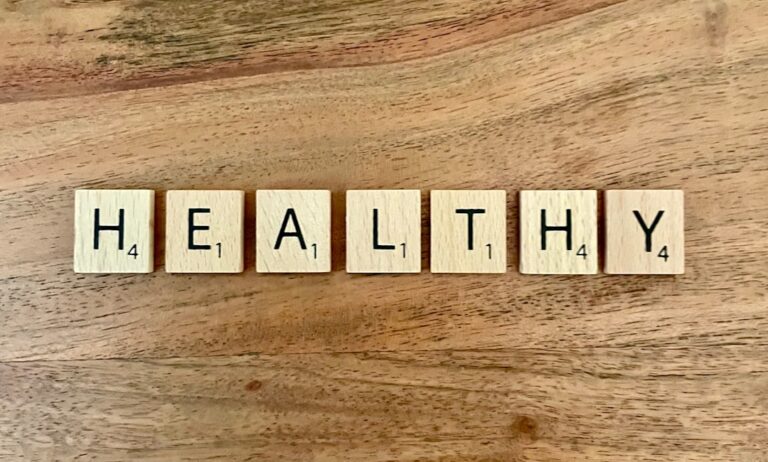🌙 Why Do I Keep Waking Up at Night? Complete Guide to Middle-of-the-Night Awakenings
Causes of Nighttime Wake-Ups and Practical Tips to Improve Sleep Quality
“I always wake up around 3–4 a.m. and can’t fall back asleep easily. I feel tired in the morning.”
This common issue may seem like simple fatigue, but it can indicate chronic sleep maintenance problems that affect your mental and physical health.
In this post, we’ll explore why you keep waking up at night, the medical and lifestyle-related causes, and actionable tips to regain deep, uninterrupted sleep.
🧠 Is It Normal to Wake Up During the Night?
Surprisingly, 1–2 brief awakenings per night can be physiologically normal. But if you experience:
- More than 2 wake-ups a night
- Difficulty falling back asleep (takes over 30 minutes)
- Feeling tired or unfocused in the morning
…you may be dealing with sleep maintenance insomnia.
✅ According to the American Academy of Sleep Medicine (AASM, 2021), nighttime awakenings are a significant risk factor for poor sleep health.
🔍 Top 6 Causes of Waking Up at Night
1. Stress and Anxiety (Most Common)
Stress increases cortisol levels and reduces melatonin production, disrupting your sleep cycle.
- More likely to wake up between 2–4 a.m.
- Harder to fall back asleep due to racing thoughts
2. Caffeine and Alcohol
- Caffeine stays in your body for 6+ hours, interfering with deep sleep
- Alcohol shortens sleep latency, but disrupts REM sleep and increases nighttime awakenings
3. Sleep Apnea
- Repeated breathing pauses wake the brain for survival
- Suspect this if you have loud snoring, daytime sleepiness, or headaches
4. Nocturia (Frequent Nighttime Urination)
- Caused by high fluid intake, bladder issues, or prostate problems
- Common in adults over 50
5. Blood Sugar Drops (Nocturnal Hypoglycemia)
- Occurs in diabetics or after skipping dinner
- May include sweating, rapid heartbeat, or anxiety
6. Underlying Health Conditions
- Depression, menopause, hyperthyroidism, or chronic inflammation
- These can disturb the body’s internal clock and cause sleep instability
🧪 Self-Check: Signs of Sleep Maintenance Insomnia
Tick off the checklist below. If 3 or more apply, your sleep pattern may need professional attention:
- ❐ You wake up between 2–4 a.m. most nights
- ❐ It takes more than 30 minutes to fall back asleep
- ❐ You feel unrefreshed in the morning
- ❐ You feel tired or drowsy during the day
- ❐ You’re often stressed or anxious
- ❐ You consume caffeine or alcohol daily
- ❐ You wake to urinate 2+ times per night
🌿 Lifestyle Tips to Prevent Nighttime Awakenings
1. Stick to a Sleep Routine
- Sleep and wake at the same time every day
- Don’t vary more than 1 hour even on weekends
2. Manage Caffeine, Alcohol, and Fluids
- Avoid caffeine after 2 p.m.
- Avoid alcohol within 3 hours of bedtime
- Limit water intake 1 hour before sleep
3. Create a Relaxation Routine
- Turn off screens 1 hour before bed
- Try meditation, breathing exercises, or aromatherapy
4. Optimize Your Sleep Environment
- Dim lighting, cool temperature (65–68°F / 18–20°C)
- Use blue-light filters if needed
- Remove clocks or avoid checking the time overnight
5. Eat to Stabilize Blood Sugar
- Try a light, protein-based snack after dinner (e.g., nuts)
- Especially helpful for those prone to nighttime hypoglycemia
💤 Foods That Promote Deeper Sleep
- 🥛 Warm milk – Contains tryptophan to support melatonin
- 🍌 Bananas – Rich in magnesium and vitamin B6 for calming nerves
- 🥜 Nuts – Provide zinc and tryptophan for sleep regulation
- 🥬 Leafy greens (spinach, broccoli) – High in calcium and magnesium
🗣️ When to Seek Medical Help
Consult a sleep specialist or mental health provider if:
- You wake up more than 3 nights per week for over 3 months
- Sleep never feels restorative
- You suspect sleep apnea (snoring, gasping)
- Your sleep issues impact daily functioning
📚 References & Sources
- American Academy of Sleep Medicine (AASM). “Sleep Maintenance Insomnia Guidelines”, 2021
- Seoul Asan Medical Center Sleep Lab. https://www.amc.seoul.kr
- Harvard Health Publishing. “Why You Wake Up at Night”
- Korean Neuropsychiatric Association. “Insomnia Treatment Manual”
This article was compiled by ChatGPT (GPT-4.5, as of May 2025).


